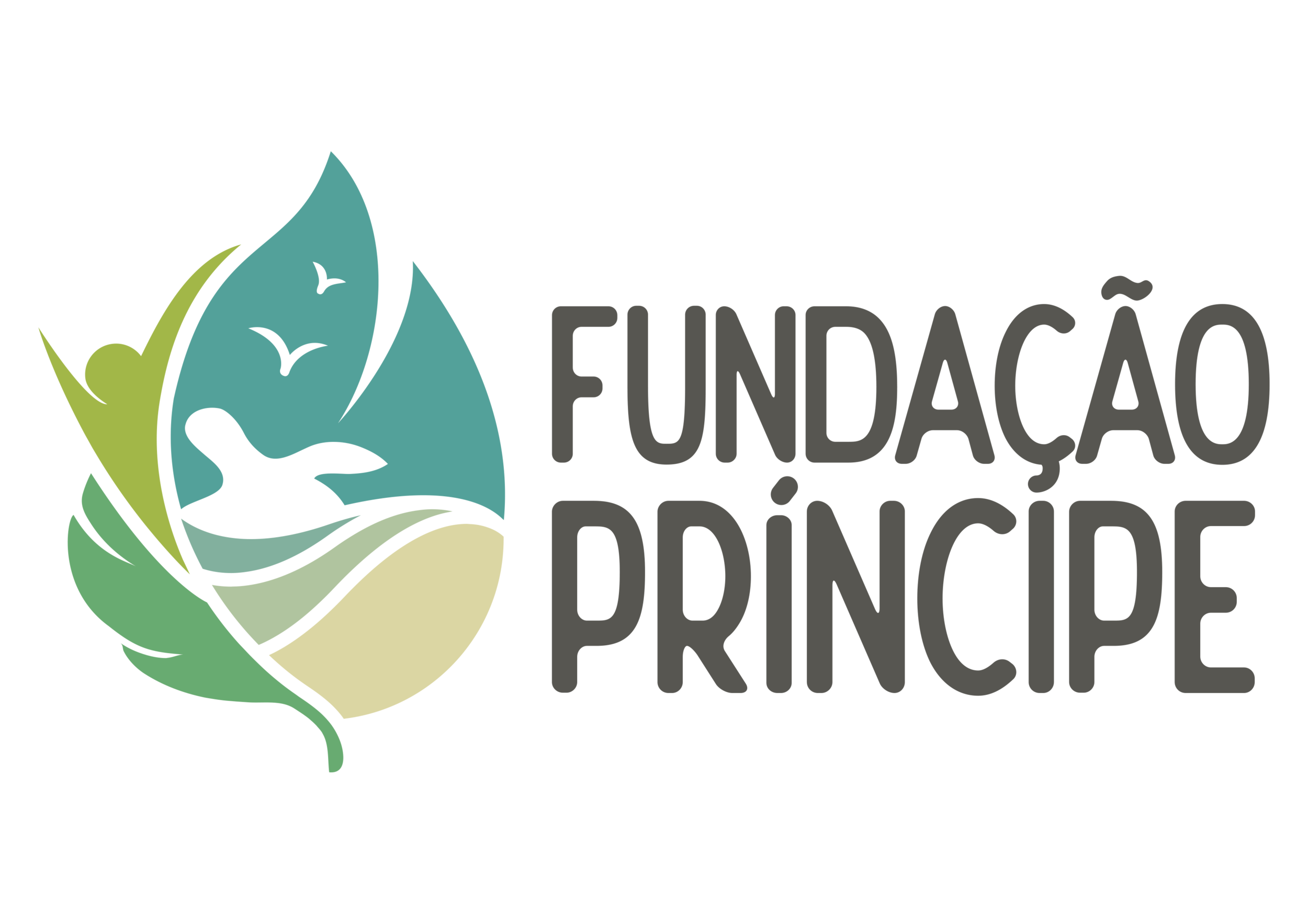Data Collection of Fishing Efforts
This December, the Omali Vida Nón project highlights the collection of fishing efforts data, which has been an activity of great importance in the process of establishing a network of Marine Protected Areas (MPAs) in São Tomé and Príncipe. The MPAs in São Tomé and Príncipe have the goal to ensure and conserve marine biodiversity and the sustainability of fisheries in a country considered to be one of the most dependent on fishing, where fish contributes to 75% of animal protein consumed in the archipelago.
The collection of fishing efforts data is done by fishermen and palaiês (i.e. fish vendors) from the different fishing communities on the island, whom we call extensionists. The extensionists collect information about the artisanal fishermen, the fishing gear they use, including fishing efforts and area, types and quantity of fish, size and weight of some selected species, among others.
This data has been fundamental in the process of establishing a network of MPAs in São Tomé and Príncipe, since information such as fishing gear used on the island and fishing areas (by gear and type of species) were taken into consideration when selecting and delimiting the MPAs (so as not to impact too much the fishing areas used by fishermen).
In addition, fishing efforts data will be essential for the socio-ecological monitoring of MPAs when they come into effect, as it will help monitor the impact of management and conservation of these areas. Information about the use of MPAs by fishermen and the species fished, will allow us to have an idea, not only of the impact of MPAs on fishing activity on the island, but also if the MPAs are allowing the marine habitats to recover the number and abundance of marine species and consequently help to define enforcement, management and mitigation measures.
Text by Cileine Fernandes, Project Assistant


